In the impending 12th national parliamentary election, President Mohammed Shahabuddin and his spouse, Dr. Rebeka Sultana, cast postal ballots on Wednesday, January 03 to participate in the poll. It was a historic occasion as they used their right to vote as Pabna inhabitants, and it happened at the credential hall of Bangabhaban.
President Shahabuddin stressed that voting is not only a right but also a civic responsibility, underscoring its significance. We engage with the democratic process by exercising our right to vote. Also, he urged his fellow countrymen to fully participate in the January 7 election.
The inclusion of all voters in the voting process is highlighted by the President's participation via postal ballot, which is permitted by Article 27 of the Representation of the People Order (RPO). Several groups can participate more easily with this method: those who are legally or unjustly imprisoned; expatriates from Bangladesh; poll workers; and people who are unable to physically visit polling places.
To enhance participation, the Election Commission has launched a campaign promoting postal ballots in this year’s parliamentary election. This campaign includes an inter-ministerial effort, urging Bangladesh missions abroad and other relevant bodies to advocate for this voting method.
Prospective postal voters must apply for a postal ballot paper from the returning officer of their constituency, providing their name, postal address, and voter list serial number. The Returning Officer will then consider these postal votes within a set deadline, incorporating them into the final election results.
This initiative, exemplified by the President’s postal vote, aims to popularize the option, ensuring an inclusive electoral process. The presence of secretaries to the President during the voting process further highlighted the significance of this democratic exercise.



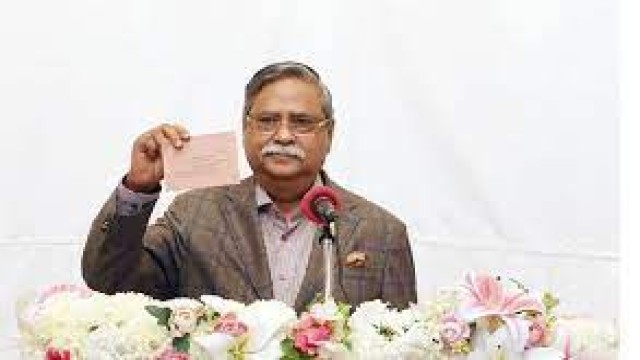
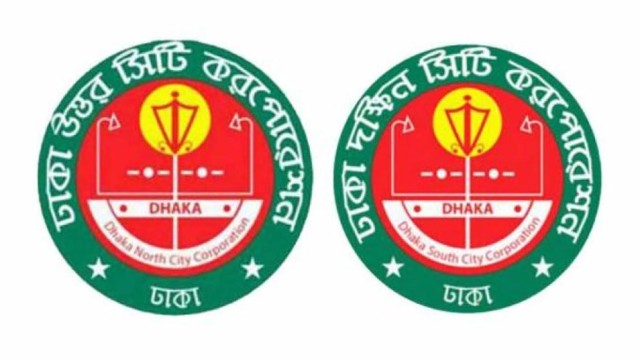
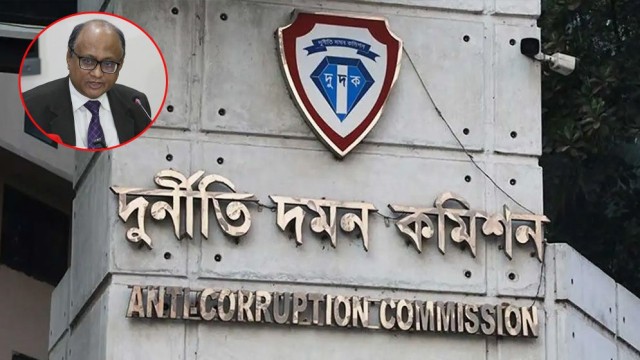
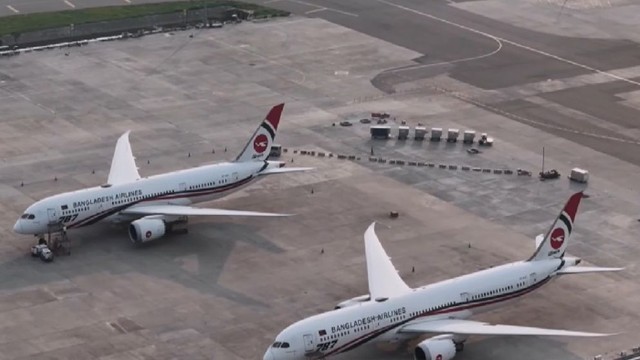
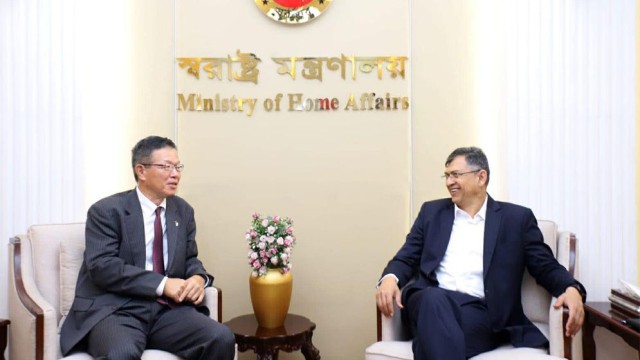
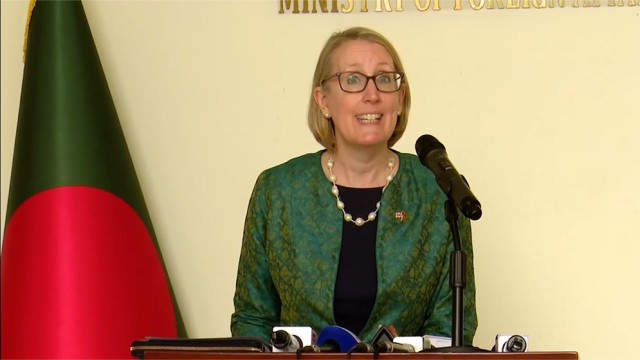
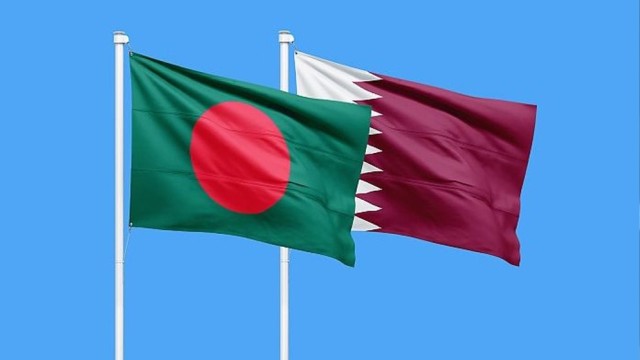





















Comment: